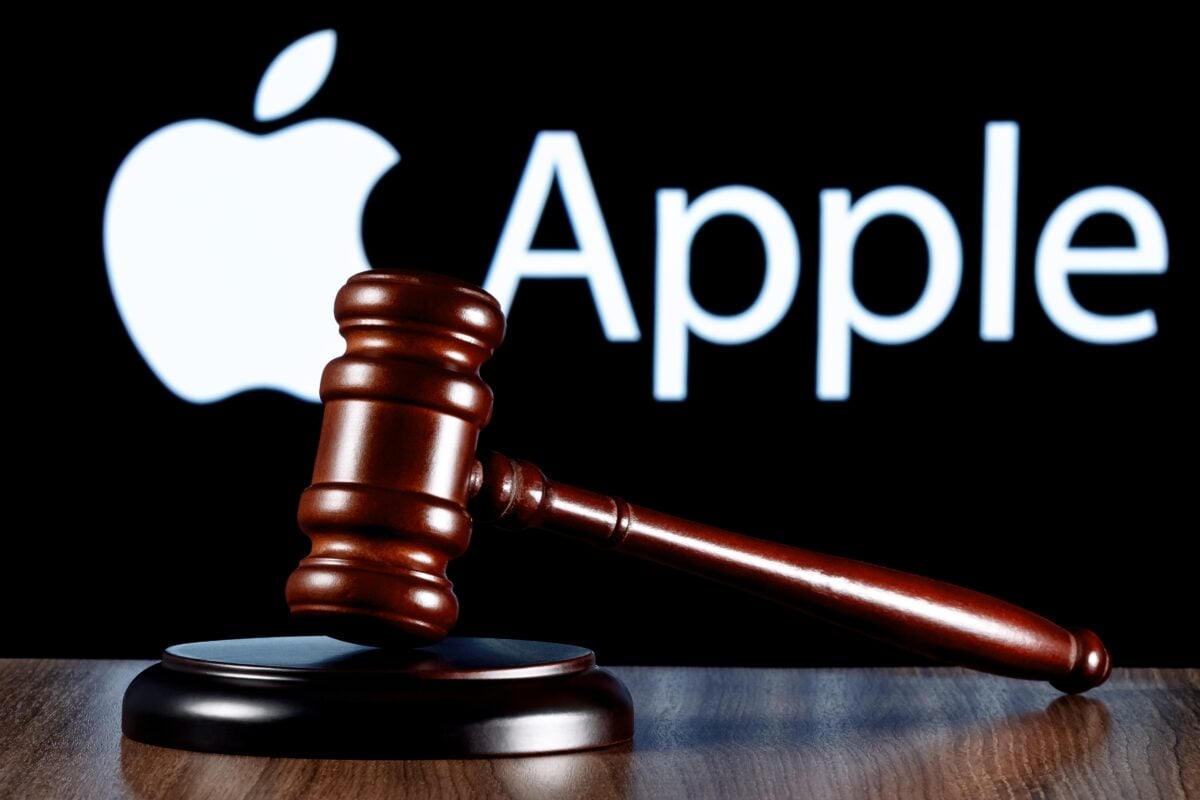TLDRs;
Contents
- Apple accuses ex-employee Dr. Chen Shi of stealing 63 confidential Apple Watch files before joining Oppo.
- Court filings suggest Oppo allegedly encouraged Shi’s actions, though the company denies all wrongdoing.
- Trade secret theft cases often involve billions in damages, far exceeding typical patent disputes.
- Apple seeks to safeguard its health sensor technology, a major driver of its wearable innovation strategy.
Apple has filed a high-profile lawsuit against Dr. Chen Shi, a former member of its Apple Watch development team, accusing him of stealing highly sensitive trade secrets before joining rival Chinese electronics maker Oppo.
Court filings allege that Shi downloaded 63 confidential documents containing proprietary information related to the Apple Watch, including health sensor technology, ECG development roadmaps, and next-generation hardware plans.
Apple claims Shi transferred the data to a USB drive and took steps to cover his tracks, even researching methods to erase activity logs from his Apple-issued MacBook.
Oppo allegedly encouraged secret data collection
According to Apple’s lawsuit, Shi was not acting alone. Internal messages obtained from his work-issued phone allegedly show he was in contact with Oppo while still employed at Apple.
In these messages, Apple claims Shi stated that he was “collecting as much information as possible” ahead of his new role at Oppo.
The company further argues that Oppo not only knew about Shi’s actions but also encouraged the collection of Apple’s intellectual property. Today, Shi leads Oppo’s sensing technology division, raising concerns that Apple’s innovations may have been compromised.
Oppo denies wrongdoing, pledges cooperation
Oppo has strongly denied any involvement, telling Tech in Asia that it “respects the trade secrets of all companies, including Apple.”
The company insisted it had found “no evidence establishing any connection” between Shi and the allegations, and stated it had not misappropriated Apple’s technology.
Oppo added that it would fully cooperate with the ongoing legal process and expressed confidence that the courts would clarify the facts. As of now, neither Shi nor Oppo has issued further public statements beyond these denials.
A broader corporate espionage problem
This case underscores a growing trend in the global technology industry, departing employees acting as conduits for corporate espionage. Similar disputes have arisen across sectors. For example, semiconductor giant Micron accused former staff of stealing nearly 1,000 files before joining Chinese competitors.
DuPont also won nearly $920 million in damages against Kolon Industries for misappropriation of Kevlar manufacturing processes.
Analysts note that such cases highlight the enormous financial risks of trade secret theft. Unlike typical patent disputes, which may involve limited licensing penalties, trade secret cases can trigger damages worth billions, reflecting decades of research and development instantly lost to competitors.
What’s next for Apple and Oppo?
The case is expected to move through the U.S. court system in the coming months. If Apple succeeds, it could secure significant damages and potentially block Oppo from using any contested technology. Conversely, if Oppo’s defense holds, Apple may face difficulty proving intentional misappropriation.
Industry watchers say this lawsuit could also reignite debates over international intellectual property protections, particularly as U.S.-China technology tensions continue to grow. For now, all eyes are on the legal proceedings to see whether Apple can protect the crown jewels of its wearable innovation.


